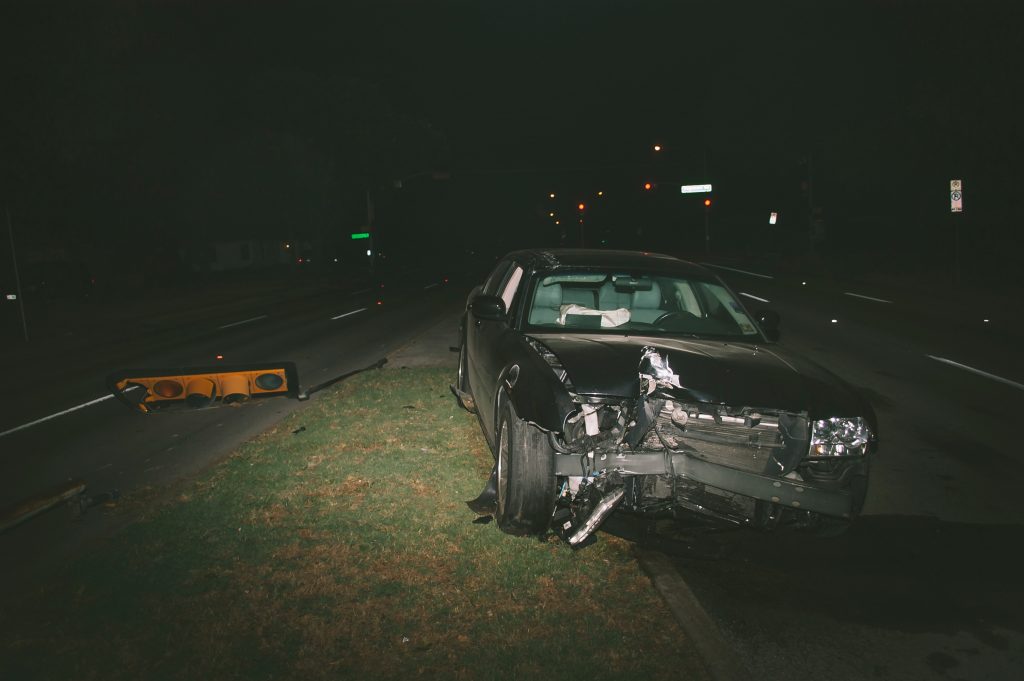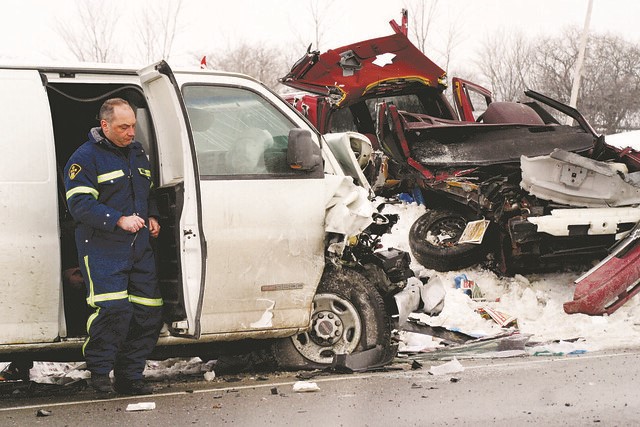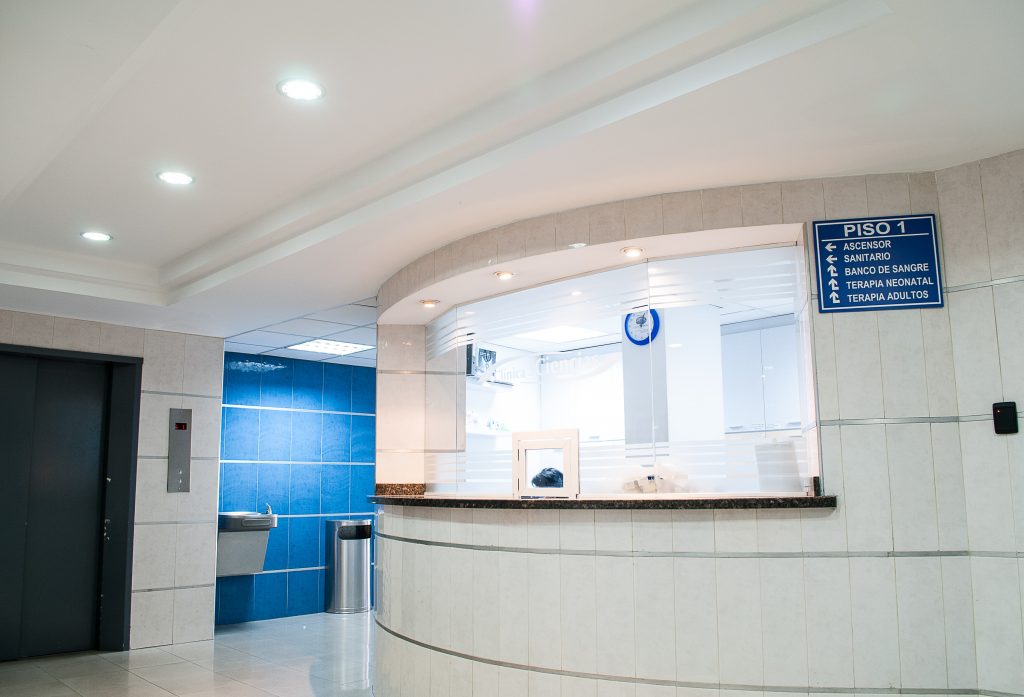 What does the common phrase “you got served” mean? You may have heard it in movies, or read it in books, and it is usually associated with the situation where someone shows up to a person’s house to hand them papers that give legal notice of a hearing. In fact, the United States Constitution requires proper service in order to guarantee fair due process. In the case of Brian Lewis versus the Baton Rouge General Medical Center (“BRGMC”), the notice procedure was complicated by the fact that Mr. Lewis failed to provide his current physical address. Mr. Lewis decided to bring a lawsuit pro se, which means that he represented himself instead of hiring an attorney. This is generally inadvisable, as Mr. Lewis proved, because it can result in not following the correct protocols, such as including his physical address
What does the common phrase “you got served” mean? You may have heard it in movies, or read it in books, and it is usually associated with the situation where someone shows up to a person’s house to hand them papers that give legal notice of a hearing. In fact, the United States Constitution requires proper service in order to guarantee fair due process. In the case of Brian Lewis versus the Baton Rouge General Medical Center (“BRGMC”), the notice procedure was complicated by the fact that Mr. Lewis failed to provide his current physical address. Mr. Lewis decided to bring a lawsuit pro se, which means that he represented himself instead of hiring an attorney. This is generally inadvisable, as Mr. Lewis proved, because it can result in not following the correct protocols, such as including his physical address
Mr. Lewis filed a medical malpractice lawsuit against BRGMC, alleging a number of claims including physician negligence and not proving him with proper medical care after blood was found in his urine. In the lawsuit, Mr. Lewis provided his P.O. box to BRGMC instead of his physical address, causing him to not be properly notified. In the initial hearing at the 19th Judicial District Court of Louisiana, the trial court dismissed Mr. Lewis’ claims because he had failed to provide a valid address to receive notice. The official language the court used was that the malpractice lawsuit was dismissed due to “a dilatory exception raising the objection of prematurity and a peremptory exception raising the objection of no cause of action,” which is a complicated way of saying that Mr. Lewis failed to provide a valid physical address. From this judgement Mr. Lewis appealed.
On appeal to the State of Louisiana First Circuit Court of Appeal, Mr. Lewis did not state any errors from the District Court ruling, but due to his pro se status, the Court used its discretion from Putman v. Quality Distribution, Inc., 77 So.3d 318, 320 (La. Ct. App. 2011) to determine if the dismissal was valid. La. C.C.P. article 891(A) requires a petitioner to file a claim with a valid physical address and not a P.O. box. Service is typically made by a sheriff at a person’s physical address, but if a plaintiff fails to provide a physical address, then service could be made either via registered or certified mail under La. C.C.P. art. 1313(C), or to the plaintiffs last known address under La. C.C.P. art. 1571(B). Further, for plaintiffs who bring suit pro se, La. C.C.P. art. 1314(A)(2)(a) allows for service to the clerk of court instead of directly to the plaintiffs address. The Court noted that the purpose of the provisions under 1313 and 1314 is to allow for full constitutional due process notice to take place. Adair Asset Management, LLC/US Bank v. Honey Bear Lodge, Inc., 138 So.3d. 6, 11 (La. Ct. App. 2011).
 Louisiana Personal Injury Lawyer Blog
Louisiana Personal Injury Lawyer Blog


 Sometimes, a single witness can make the difference between winning and losing at trial. This is especially so when you are fighting for reasonable medical compensation. Since insurance companies generally try to give patients the least amount of money as possible, they look for all sorts of ways to do so. One way is to prevent a patient’s physician from testifying and giving an opinion of what he or she believes is causing the patient’s current pain. In the following case, the defendant attempted to do just this, but fortunately for the plaintiff, the Court of Appeal found error in the trial court’s decision to exclude the testimony of the plaintiff’s physician.
Sometimes, a single witness can make the difference between winning and losing at trial. This is especially so when you are fighting for reasonable medical compensation. Since insurance companies generally try to give patients the least amount of money as possible, they look for all sorts of ways to do so. One way is to prevent a patient’s physician from testifying and giving an opinion of what he or she believes is causing the patient’s current pain. In the following case, the defendant attempted to do just this, but fortunately for the plaintiff, the Court of Appeal found error in the trial court’s decision to exclude the testimony of the plaintiff’s physician.  For some people, getting fired from work is like receiving the death sentence. In the following case, an employee was fired without any reason by his employer. The employer also tried to shortchange him by not giving him his earned wages. However, the employer fought back and, more or less, was vindicated under Louisiana law.
For some people, getting fired from work is like receiving the death sentence. In the following case, an employee was fired without any reason by his employer. The employer also tried to shortchange him by not giving him his earned wages. However, the employer fought back and, more or less, was vindicated under Louisiana law. Slip and falls are one of the most common accidents in the United States. Though some slip and falls may only lead to a sense of embarrassment, others can lead to permanent and serious damage to the body. Thus, it makes sense that an establishment owner should ensure that his or her establishment is safe. However, it is also important that people who visit an establishment should be responsible and not behave recklessly. In order to achieve this through law, Louisiana has an “open and obvious” doctrine, which states that an establishment is not responsible for people who were injured due to an open and obvious defect at the establishment.
Slip and falls are one of the most common accidents in the United States. Though some slip and falls may only lead to a sense of embarrassment, others can lead to permanent and serious damage to the body. Thus, it makes sense that an establishment owner should ensure that his or her establishment is safe. However, it is also important that people who visit an establishment should be responsible and not behave recklessly. In order to achieve this through law, Louisiana has an “open and obvious” doctrine, which states that an establishment is not responsible for people who were injured due to an open and obvious defect at the establishment.  Lawsuits are typically thought of as only between two parties. Frequently however, a lawsuit will involve multiple parties, such as with automobile accidents. In these cases, it is common to assume that a large number of those involved are insurance companies. The Louisiana Third Circuit Court of Appeal recently grappled with these multiparty lawsuits in a recent auto accident lawsuit out of Sulphur.
Lawsuits are typically thought of as only between two parties. Frequently however, a lawsuit will involve multiple parties, such as with automobile accidents. In these cases, it is common to assume that a large number of those involved are insurance companies. The Louisiana Third Circuit Court of Appeal recently grappled with these multiparty lawsuits in a recent auto accident lawsuit out of Sulphur.  Running a small business is a challenging endeavor that can prove even more difficult if someone publishes false information about your company. This is situation is exactly what happened to husband and wife Robbie and Susan Arnaud, owners of Robbie’s Wrecker Service, a towing business located just outside Eunice, Louisiana.
Running a small business is a challenging endeavor that can prove even more difficult if someone publishes false information about your company. This is situation is exactly what happened to husband and wife Robbie and Susan Arnaud, owners of Robbie’s Wrecker Service, a towing business located just outside Eunice, Louisiana. UPDATE:
UPDATE: Determining liability in any car accident is frequently a challenging endeavor. This is especially true if one of the vehicles is owned by a city, but a state employee was driving the vehicle. In one such case involving the City of DeRidder, Louisiana, numerous questions arose about who was the liable party after a car accident resulted in multiple injuries.
Determining liability in any car accident is frequently a challenging endeavor. This is especially true if one of the vehicles is owned by a city, but a state employee was driving the vehicle. In one such case involving the City of DeRidder, Louisiana, numerous questions arose about who was the liable party after a car accident resulted in multiple injuries.  Going to the grocery store is a frequent occurrence for most of us. However, most people are probably not aware of when a grocery store can be held liable for selling unsuitable products.
Going to the grocery store is a frequent occurrence for most of us. However, most people are probably not aware of when a grocery store can be held liable for selling unsuitable products.  Navigating any lawsuit can be challenging, especially when the initial trial gives rise to complicated appeals. In this instance, the plaintiff was left wondering how jury instruction impacted her medical malpractice lawsuit.
Navigating any lawsuit can be challenging, especially when the initial trial gives rise to complicated appeals. In this instance, the plaintiff was left wondering how jury instruction impacted her medical malpractice lawsuit.